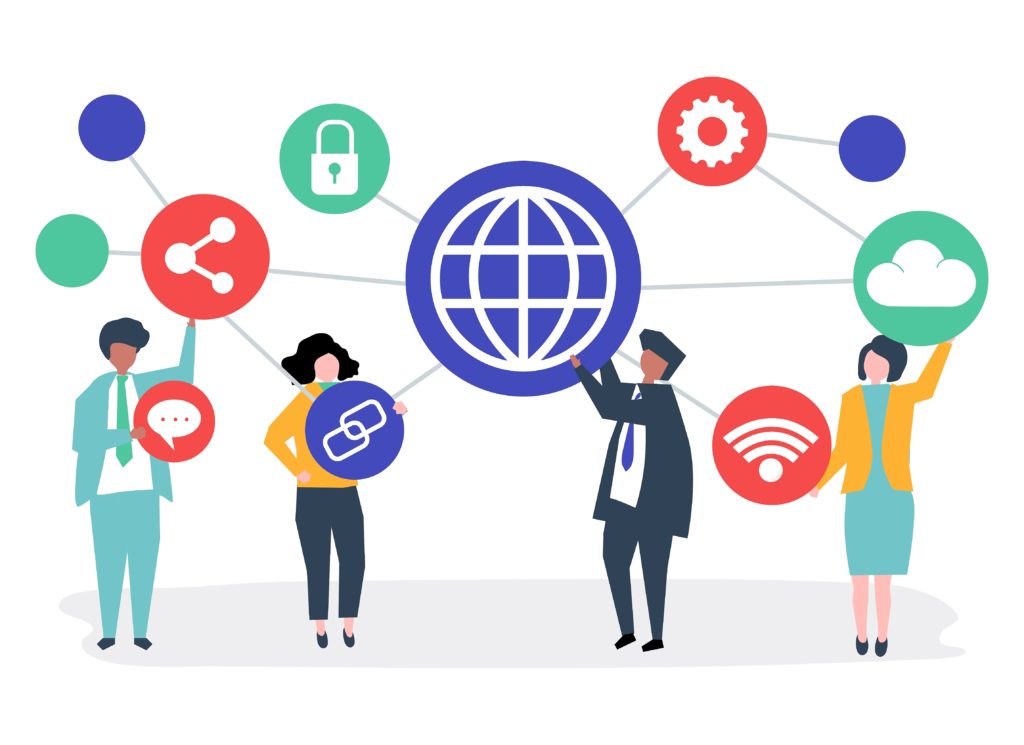In the context of a continuous expansion of technology, the idea of integrating digital media in the search for solutions to social needs becomes a great challenge for communities around the world.
Europe is engaged in developing innovative practices to encourage through the use of digital technologies, the participation of communities in the construction and improvement of social welfare.
Digital technologies are available to the community at large to address social, political and environmental challenges. The existence of a wide range of technologies – collaborative platforms, machine learning, open hardware, citizen sensing – enables the capacitation of citizens. The phenomenon, called Digital Social Innovation (DSI), has the ability to transform the performance of public services, empower citizens in civil life and allows them to be active participants in social challenges. In this sense, the configuration of DSI projects, in which each of the social actors – public institutions, private investors, political makers and the community in general – collaborate from their role in mutual coordination, has been necessary for the benefit of the communities.
A Manifesto for Digital Social Innovation
The EU Chic project in collaboration with the DSI4EU project and other groups of European innovators have created the Manifesto for The Digital Social Innovation, a EU level policy outreach document, which has as its main objective the participation of citizens in democratic and social processes; as well as, to provide recommendations for the political representatives in the development of the European Digital Single Market to satisfy the social challenges and of sustainability with the commitment of all citizens.
The fundamental parameters of the Manifesto are summarized in the following points:
- Openness and transparency: It is considered essential that citizens of the digital world have free access to data innovation platforms such as open networks, open data, open hardware technology or open knowledge.
- Democracy and decentralization: Decentralization enables social awareness of the importance of individual or community expression, through digital tools that are constituted as decentralized models for data governance and independent of Internet monopolies.
- Experimentation and adoption: The need for pilot tests to explore and demonstrate the real efficiency of DSI in societies.
- Digital skills and multidisciplinarity: The plurality of approaches is required through the participation of all social actors and the facilitation of digital knowledge through education programs.
- Sustainability: The guarantee of funding is essential for the growth of digital social innovation.
The initiative proposed through the Manifesto aims to work together among communities, projects, and organizations to maximize the benefits of the DSI and overcome the difficulties in its expansion and success. Undoubtedly, it is a call to the entire community to participate in the transformation towards a society actively committed to development.
If you are attracted by the proposal presented in the Digital Social Innovation Manifesto, here you can endorse the project.
